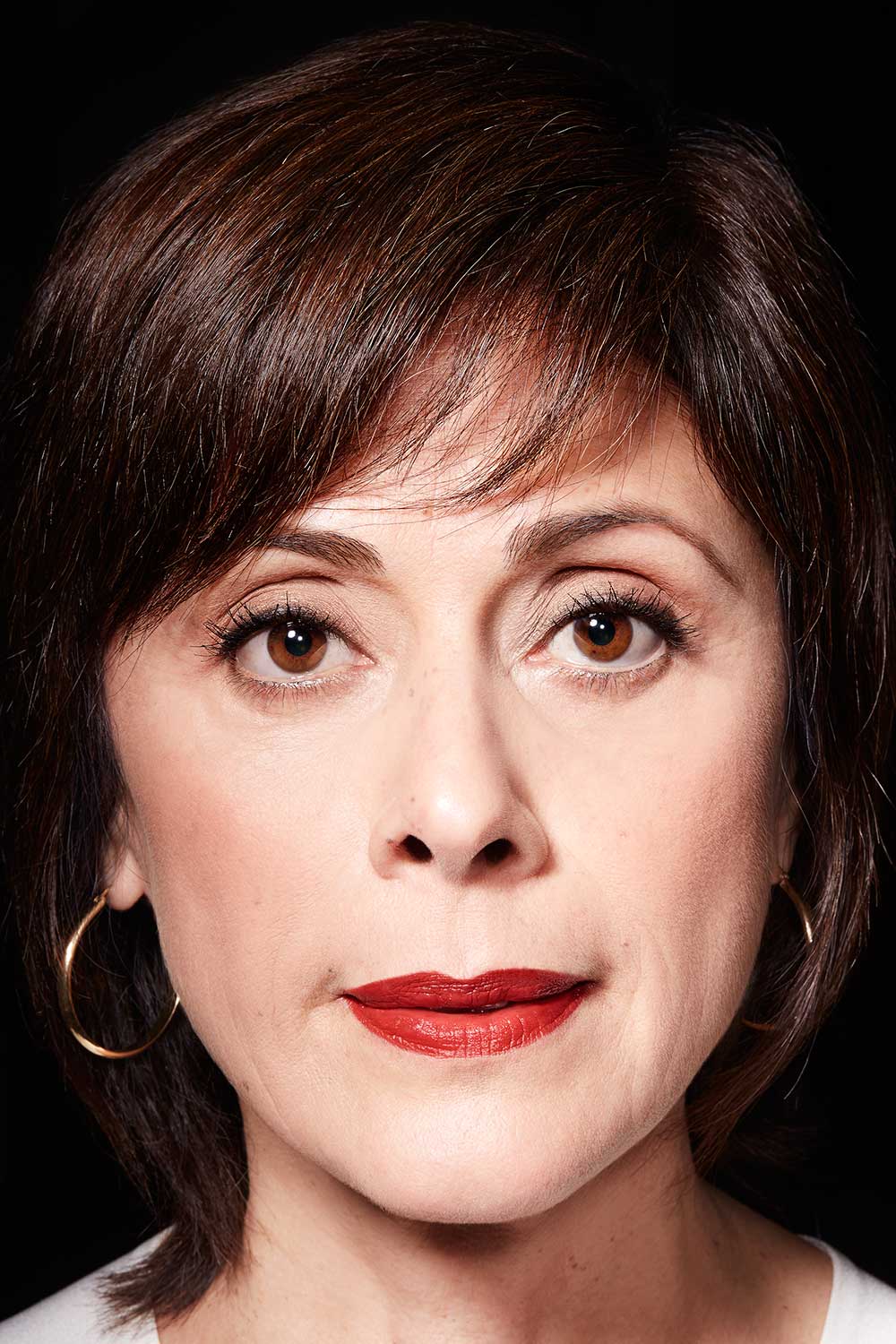In 2012, more than four decades after its maiden broadcast, National Public Radio hired its first chief marketing officer, Emma Carrasco ’82, tasking her with marketing an American media icon. Carrasco, who was a KXLU station manager, likes to say that “public radio isn’t going away — it’s going everywhere.” For her, NPR’s values of thoughtfulness, diversity and intellectual curiosity are “organically understood” — her job is simply to help articulate them. Carrasco was interviewed by José Martinez ’11.—The Editor

You have experience in marketing to Latino and African American audiences. What is NPR’s pitch to those audiences?
My broad charge is to develop and grow audiences. That means helping new audiences discover content that, in fact, they may not have realized existed or could be relevant to their lives. We’re talking about reaching audiences who are intellectually curious and civically engaged, and who have a passion for life and want to be inspired as much as they want to be entertained. We know that we have a fiercely loyal audience, and the opportunity to create pipeline audiences — people who will come in and become super fans as well — is really what excited me most about taking on this job. There are conversations that we are having and topics that we are covering that would be attractive to people who are curious — curious about life, their neighborhoods and their communities.
This past summer, NPR was criticized for canceling “Tell Me More,” a 7-year-old show intended to attract African Americans and other people of color. Was the criticism warranted, and did you learn anything from the experience?
The mission of the organization is to provide high-quality, unique journalism that inspires and delights and to do that for a broad range of audiences. There’s always an opportunity to do things better. When I take a look at where we have been, I actually see that NPR, in terms of its commitment to diversity, is not starting at zero. We have a workforce that is substantially diverse. But is it diverse enough to allow us to meet our mission? We think that there is always room to grow. America has changed so dramatically. When you look at markets across the country, you see that diverse audience segments are really leading the population growth. We have an opportunity and a responsibility to serve those growing audiences. So as we firmly plant our flag in the ground to sound like America, one of our strategic pillars is to grow and diversify our audience over the next several years. Michel Martin, who hosted “Tell Me More,” took on a new role that will impact the entire news organization. She will have a multiplatform property and portfolio that allows her unique sound, voice and perspective to reach a wide audience. She will have a regular presence on “Morning Edition” and “All Things Considered,” two shows that reach a weekly audience of 30 million people.
NPR has an established, older audience that provides crucial financial support. But its younger audience probably has a shorter attention span and different sensibilities. How do you balance those two from a business perspective?
As a marketer, I am impressed with the elasticity of our content. Content is distributed over multiple platforms, which allows us to reach a very diverse age range. Audiences access us over various devices, but regardless of whether they’re accessing “Morning Edition” over terrestrial radio or via NPR One, our audio app, the content is the same. So the quality transcends device and age range.
What can you do in your role at a national level that helps Southern California affiliates like KPCC and KCRW?
If we do our job of helping to build new audiences’ awareness of public radio content, then everybody wins. The other thing that we can do is ensure that we are operating in a fiscally sound way and that we are unpacking opportunities for corporate underwriters and major philanthropists to support the work that we do. At the end of the day, our work is powered by individuals who become members of their local stations and by corporate and private sponsors who really believe that the world deserves to be informed in an unbiased way.
Make a one-sentence statement about the NPR brand before you were hired, and how will that sentence read five years from now if you achieve your goals?
The NPR brand is one of the most important, iconic brands in news and cultural content programming. Five years from now, we will have been successful from a brand standpoint if we have been able to remain true to our values and our mission, but also sound like America and have a much more diverse audience profile.
What’s the hardest thing about marketing something people can’t eat, wear or hold in their hand?
When you’re marketing something that has the ability to enhance someone’s life, family and community, it’s almost a higher calling. You’re dealing with a very personal and emotional decision. The opportunity to position the NPR brand in that landscape is what makes this job especially rewarding.
